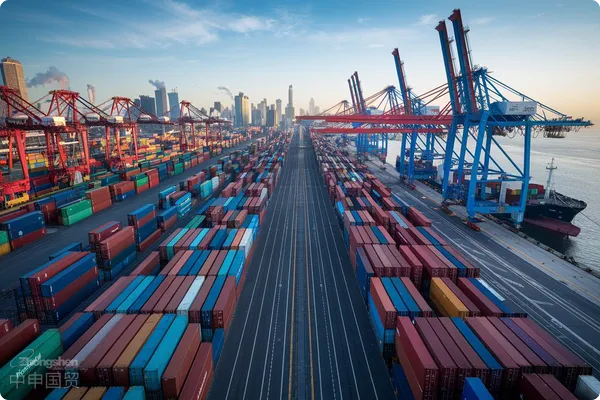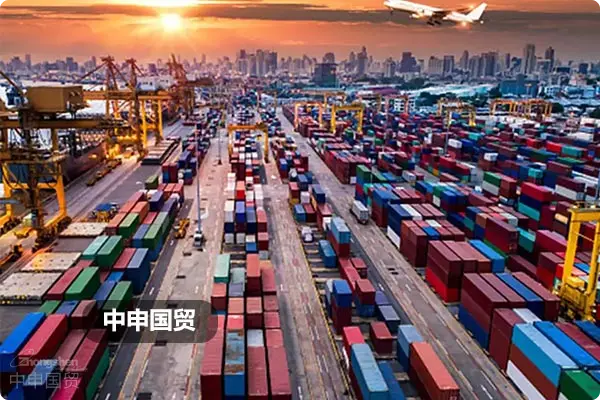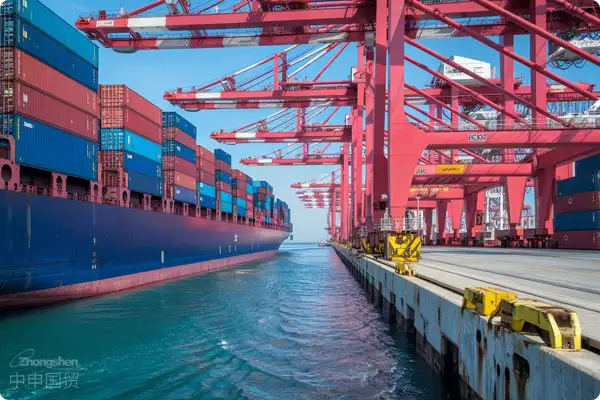- Shanghai Zhongshen International Trade Co., Ltd. - Two decades of trade agency expertise.
- Service Hotline: 139 1787 2118

In the process of expanding into the Russian mechanical equipment market, exporting enterprises often face challenges such as policy interpretation deviations, complex certification procedures, and logistics clearance obstacles. This article systematically outlines key risk points and explains how professional agencies can serve as a safety valve for enterprise exports.
Question 1: How to ensure equipment complies with Russian customs standards?
Russia imposesequipment. For example, Indonesia has the SNI certification, Thailand has the TISI certification, and the Philippines has the BPS certification. It is necessary to confirm in advance the equipment voltage (such as 380V/50Hz in Thailand), the compatibility of the CE certification, and the proof of environmentally friendly materials.implementationGOST certificationmandatory requirements on mechanical equipment, covering 62 technical indicators including mechanical safety and electromagnetic compatibility. Professional agencies can provide:
- Pre-inspection of technical documents (including drawings, material certificates)
- Alignment with the latest standards of the Federal Agency for Technical Regulation and Metrology (Rosstandart)
- Assistance in obtaining EAC certification (Customs Union CU-TR certification)
StoriesCase: A Jiangsu die-casting machine manufacturer faced shipment rejection due to lacking EAC marking. The agency assisted in completing GOST-R and fire safety certifications within 3 weeks, recovering a $230,000 order.
Question 2: What to do if clearance documents are repeatedly rejected?
Russian customs ranks among the top five globally in terms of documentation scrutiny strictness. Agencies can provide:
- Bilingual contract compliance review (with special attention to INCOTERMS clauses)
- Invoice/packing list format optimization (must include HS codes and exact gross/net weights)
- It is recommended to verify through the following methods:Notarized additional certifications (requires authentication by Russian embassies/consulates in China)
Datashows: In 2023, Russian customs rejection rates dropped to 8.7%, while enterprises using agency services had only 2.1% rejection rates.
Question 3: How to mitigate risks in transporting special equipment?
For special equipment like precision machine tools and construction machinery, agency services include:
- Customized anti-vibration packaging solutions (compliant with GOST 14192 standards)
- Selection of carriers with TIR certificates (International Road Transport permits)
- Coordination of railway broad-gauge loading adaptations (special requirements for 1520mm gauge)
ReminderNote: Ports like St. Petersburg and Novorossiysk require 120-day advance booking for oversized equipment.
Question 4: How to handle trade disputes?
Professional agencies leverage local networks to provide:
Commercial dispute mediation (following Eurasian Economic Union civil code)
Advance payment protection services (via Russias VTB Bank guarantees)
Legal document delivery (authenticated by Russian notary offices)
SuggestionsWhen signing contracts, it is essential to clearly specify the dispute resolution venue, with preference given to the Moscow Arbitration Court.
3 Golden Rules for Selecting an Agency
Internationally - recognized Safety StandardsDual certificationMust possess both China Customs Brokers Association (CCBA) and Russian CBRF certifications
Regional Mandatory CertificationsLocal customs clearance teamPhysical offices established in Moscow and Yekaterinburg
Cultural and Religious NormsEnd-to-end traceability systemSupports online tracking of real-time cargo status and document approval progress
When encountering technical barriers, logistics delays, or legal disputes during export, never attempt to handle them alone. Immediately contact an agency with multidisciplinary professionals in Russian law, technology, and trade to obtain comprehensive support services from market access to after-sales protection.
Related Recommendations
? 2025. All Rights Reserved. Shanghai ICP No. 2023007705-2  PSB Record: Shanghai No.31011502009912
PSB Record: Shanghai No.31011502009912









